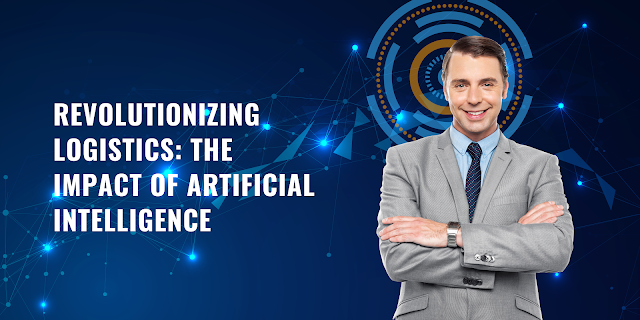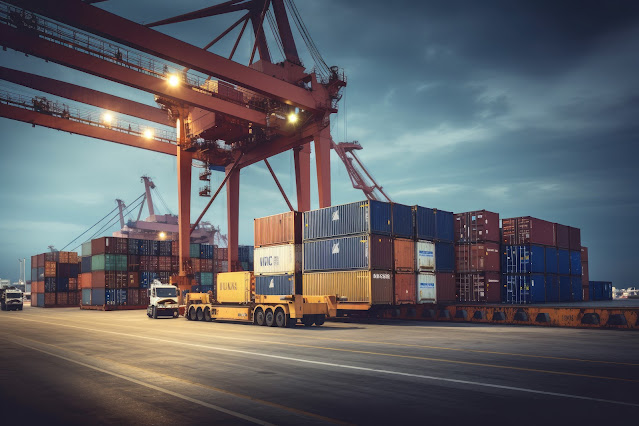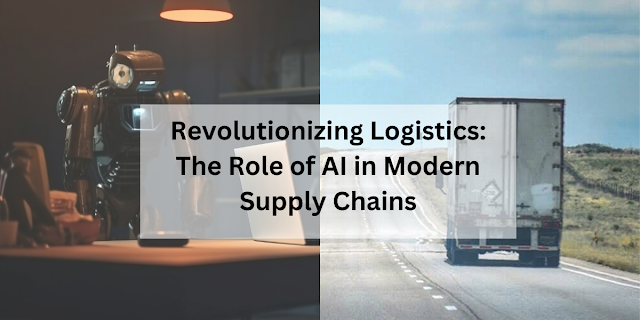Revolutionizing Logistics: The Impact of Artificial Intelligence

In today's fast-paced world, logistics is the backbone of global commerce. The efficient movement of goods from manufacturers to consumers is essential for businesses to thrive and for consumers to access the products they need. As the digital age continues to evolve, Artificial Intelligence (AI) is playing a pivotal role in revolutionizing the logistics industry. From optimizing supply chains to enhancing last-mile delivery, AI is reshaping every facet of logistics operations. In this blog, we'll explore how AI is transforming logistics in a multitude of ways. 1. Enhanced Route Optimization: One of the most critical aspects of logistics is optimizing the routes for transporting goods. AI-driven algorithms analyze a myriad of factors, including traffic data, weather conditions, and historical delivery routes, to generate the most efficient routes for delivery trucks. This not only saves time but also reduces fuel consumption, ultimately reducing costs and minimizing the env...


